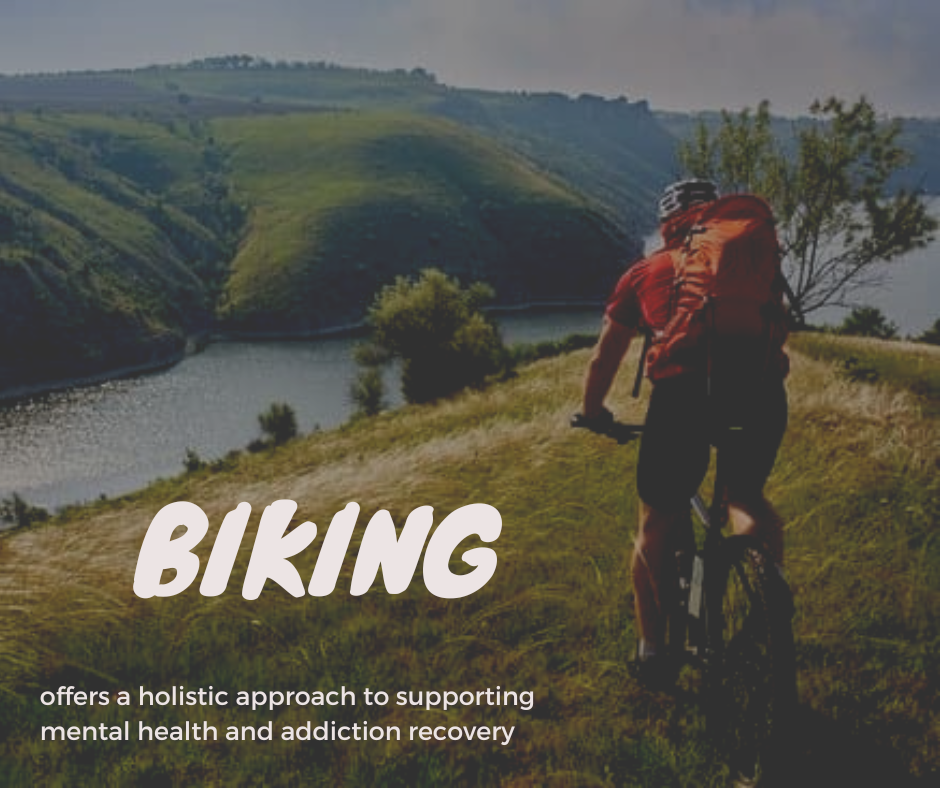
Cycling, often perceived as a mere physical activity or a means of transportation, holds a transformative potential that extends far beyond its conventional uses. For individuals battling various disorders and addictions, hopping on a bicycle can be a significant step toward recovery and overall wellness. The therapeutic benefits of cycling encompass physical, mental, and social aspects, making it a holistic approach to healing.
Physical Benefits
Engaging in regular physical activity is a cornerstone of health, and cycling is an excellent way to achieve this. It is a low-impact exercise, making it accessible for people of all fitness levels. For those recovering from substance abuse, the physical act of cycling can help rebuild strength and endurance that may have been compromised during addiction. The repetitive motion of pedaling helps improve cardiovascular health, build muscle, and enhance lung capacity. These physical improvements are crucial as they contribute to a sense of vitality and well-being, which is often diminished in individuals with chronic disorders or addictions.
Mental Health Benefits
The mental health benefits of cycling are profound. Exercise, in general, is known to release endorphins, the body’s natural mood lifters. This can be particularly beneficial for those struggling with depression, anxiety, or addiction, as it provides a natural and healthy way to elevate mood. The rhythm and focus required in cycling also promote mindfulness, helping individuals stay present and reduce stress. This mindfulness can be a powerful tool in managing cravings and intrusive thoughts associated with addiction.
Cycling outdoors adds an extra layer of mental health benefits. The exposure to sunlight increases the production of vitamin D, which has been linked to improved mood and reduced symptoms of depression. Nature itself is a healer; the fresh air, scenic views, and the sounds of the environment can soothe the mind and provide a sense of peace and relaxation.
Social Connection
Isolation is a common issue for those suffering from mental health disorders and addictions. Cycling can break this cycle of isolation by fostering social connections. Joining a cycling group or club provides a sense of community and belonging. These social interactions can offer support, encouragement, and a sense of accountability, which are vital components of recovery. Shared experiences and camaraderie on group rides can build lasting friendships and reduce feelings of loneliness.
Structured Routine and Goal Setting
Addiction often disrupts the structure in an individual’s life. Establishing a routine through regular cycling can bring back a sense of order and purpose. Setting and achieving cycling goals, whether it’s a daily distance target or participating in a local race, can boost self-esteem and provide a sense of accomplishment. These small victories are important in building confidence and reinforcing the belief that change is possible.
A Healthy Coping Mechanism
One of the greatest challenges in overcoming addiction is finding healthy alternatives to replace the addictive behavior. Cycling can serve as a constructive outlet for managing emotions and stress. Instead of turning to substances or harmful behaviors, individuals can channel their energy into cycling, which offers both physical and emotional rewards.
In conclusion, cycling is more than just a form of exercise; it is a powerful tool for recovery and wellness. Its physical benefits help rebuild strength and health, while its mental health benefits foster mindfulness and elevate mood. The social connections made through cycling can alleviate isolation, and the structured routine it provides can restore a sense of purpose. Most importantly, cycling offers a healthy coping mechanism to replace addictive behaviors. By pedaling towards wellness, individuals can embark on a transformative journey towards overcoming disorders and addictions.







